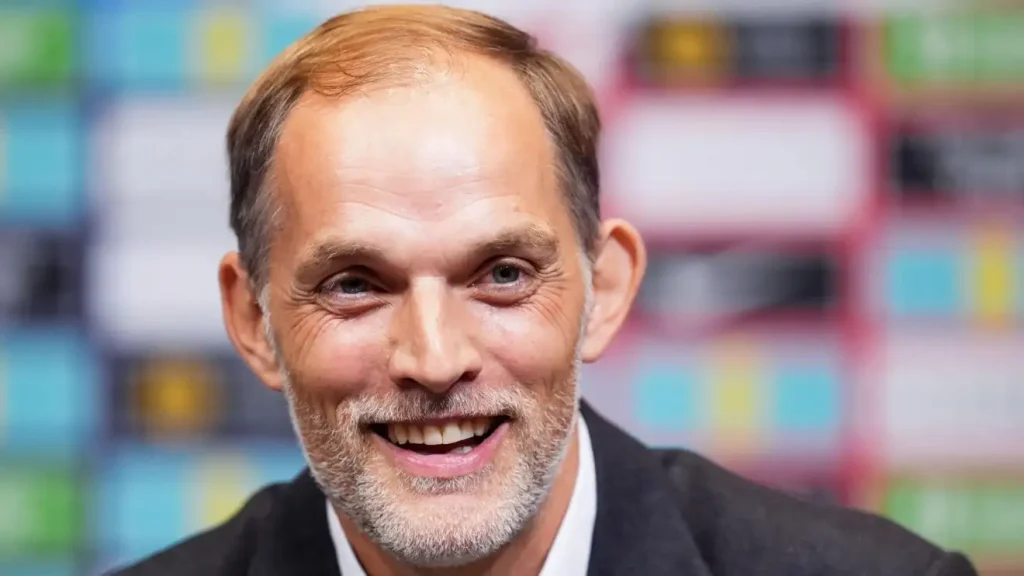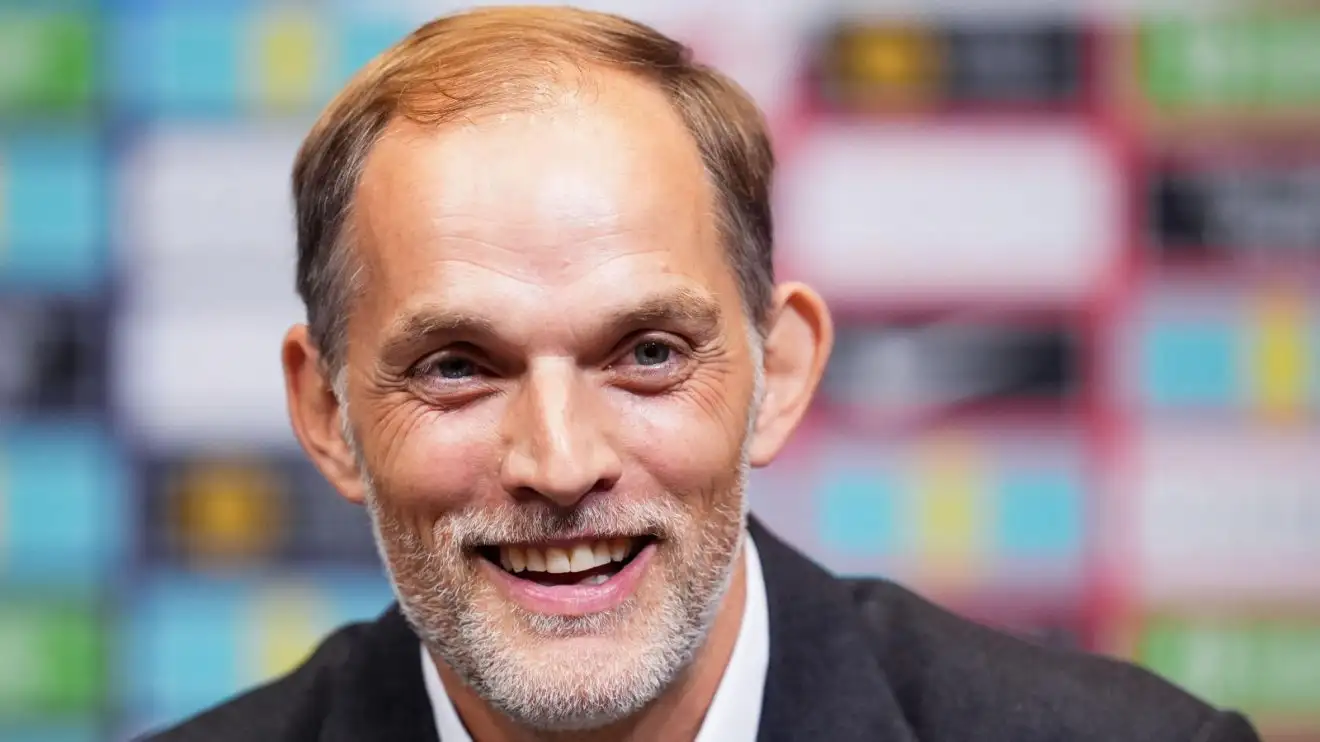Thomas Tuchel has shared his heartfelt sympathy for Ange Postecoglou after the Australian manager was dismissed from his role at Tottenham Hotspur a mere 16 days after guiding the club to an emotional Europa League triumph.
The victory over Manchester United in Bilbao may have secured the club’s first piece of silverware in 17 years, but it ultimately failed to shield Postecoglou from the brutal reality of Premier League expectations.
Despite winning the Europa League final, which was a subdued affair between two sides that languished just above the relegation zone, the achievement couldn’t outweigh Spurs’ dismal domestic campaign.
While Manchester United managed to climb to 15th place on the final day, Tottenham finished the season in 17th—just above the relegated trio of Southampton, Ipswich Town, and Leicester City. That position, given the stature and ambition of the North London club, proved indefensible in the eyes of club executives.
For Postecoglou, the Europa League win was supposed to be the beginning of a turning point. It not only delivered on his preseason promise of securing silverware in his second year but also granted the club qualification for the Champions League—a vital opportunity to restore pride, revenue, and competitiveness after a turbulent campaign.
Still, Spurs’ decision-makers determined that the failure to show domestic consistency outweighed the joy of European success. As a result, they acted swiftly and decisively to terminate his tenure.

England manager Thomas Tuchel, speaking ahead of his national team’s World Cup qualifier against Andorra, acknowledged the complexity of the situation.
While trophies are often seen as the ultimate measure of success, Tuchel emphasized that a manager’s fate isn’t determined solely by what’s added to the trophy cabinet.
The human element—the bond between the manager, the players, the board, and the fans—also plays a critical role in shaping a club’s decision-making.
Tuchel, no stranger to the highs and lows of elite football, admitted that moments like these are emotionally taxing for any coach. He expressed deep understanding for Postecoglou’s plight, pointing out that success in football is no longer defined in binary terms.
A manager can endure seasons without lifting silverware if the underlying trust and shared vision with club leadership remain intact. However, once that trust begins to erode, even the glow of a newly acquired trophy might not be enough to preserve a manager’s position.
His words carried weight, especially considering his own experiences across top clubs in Europe. Tuchel’s message was clear: winning is important, but belief and alignment matter just as much.
When doubts start to creep in—whether it’s over tactics, direction, or squad development—those internal cracks can quickly become chasms, leading to outcomes that seem harsh from the outside but feel inevitable from within.
Postecoglou had previously captured the imagination of many Tottenham fans with his bold, attacking philosophy, often referred to as “no-handbrake football.”
His first season in charge showed flashes of promise, with the team playing some of the most entertaining football in the league. That momentum, however, dissipated in his second campaign, as Spurs struggled to cope with an injury-hit squad and a string of poor domestic results.
Despite the emotional high of European glory, the team failed to maintain any sort of consistency in the Premier League, leaving them teetering on the edge of disaster.
Injuries to key players only exacerbated the situation, revealing the club’s lack of depth and the limitations of their strategy in navigating the rigors of both domestic and continental competition.
The board’s decision to part ways with Postecoglou may have felt cold, especially coming so soon after such a historic night in Bilbao, but it underscores the ruthless nature of modern football a world where long-term vision often gets sacrificed at the altar of short-term performance.
Postecoglou’s sacking sends a strong message to managers across the top tiers of European football: success cannot be measured by silverware alone.
The modern coaching role has evolved into one where relationships, trust, and shared direction carry just as much weight as results. It’s a reality that even proven winners like Tuchel acknowledge and respect.
As Tottenham turn the page and begin yet another search for a manager capable of guiding them back to Premier League respectability, the club finds itself once again at a crossroads.
The next appointment will not only be tasked with securing results but also with healing the disconnect between ambition and execution.
For Postecoglou, the pain of his exit will linger, but so too will the memory of delivering European silverware—a moment that, in many ways, was both his finest hour and his final one at the helm of Tottenham Hotspur.

